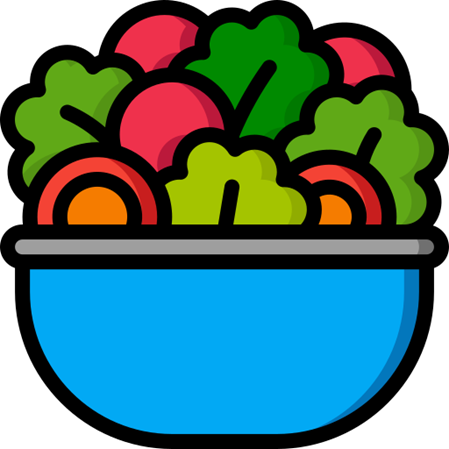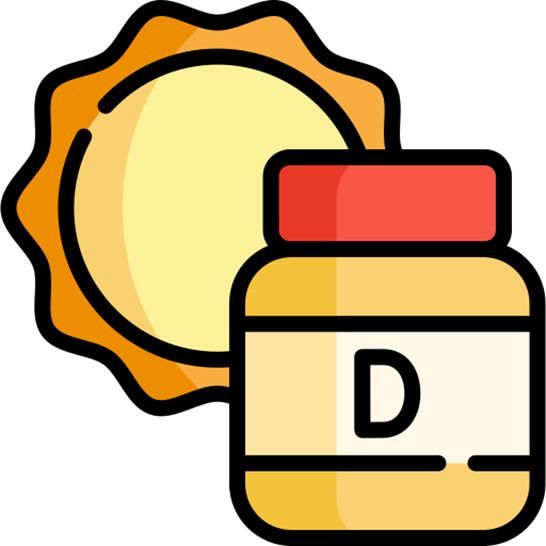Eating Well
Click a link for more information:
Discussion Questions Sensory Stimulation Activities

Trying to eat a healthy balanced diet is important for everyone at any age, but it’s especially important for those with dementia. A healthy diet provides energy and the nutrients needed for growth and repair, helping you to stay strong and healthy and help to prevent illness.
Over time, bones get weaker and become a lot more fragile, they also take a lot longer to heal than in younger years. However, what we eat can have a huge impact on how well our body functions.
Foods that are recommended to help with preventing falls include: calcium, vitamin D and protein.
Calcium helps to keep bones dense and strong. Low bone density can cause bones to become brittle, fragile and break a lot easier. The more calcium that is consumed, the stronger bones will be and the less likely it is that a person will fall. Strong bones don’t just help reduce the risk of falls, it also means if an individual does fall it can help reduce the likelihood of severe injury such as fractures.
Some examples of foods that include calcium are:
- Milk
- Yoghurt
- Green leafy vegetables.
The recommended amount of calcium that should be consumed per day for an adult is between 1,000 and 1,200 mg (milligrams). This is equivalent to drinking roughly around 3 to 4 glasses of milk a day.
 Vitamin D and calcium work
alongside each other, vitamin D helps the body
absorb calcium which in turn also helps bones become strong, dense and healthy.
Vitamin D and calcium work
alongside each other, vitamin D helps the body
absorb calcium which in turn also helps bones become strong, dense and healthy.Ways to get vitamin D include:
- Sunlight
- Oily fish
- Eggs
- Cereal
- Yoghurts .
The recommended amount of vitamin D to have a day is 10 micrograms (1 milligram (mg) is equal to 1000 micrograms). In order to reach this it requires you to stand outside in the sun for roughly 15 minutes every day.
Protein helps to build, repair and maintain muscles as well as heals injuries and wounds which reduce the risk of falls. Protein also helps the healing process if and when someone does have a fall.
Some examples of protein rich foods include:
- Meat and poultry
- White and oily fish
- Egg
- Milk and dairy products
- Beans and pulses
- Nuts and seeds.
Most adults need around 0.75g of protein per kilo of body weight per day (for the average woman, this is 45g, or 55g for men). That's equivalent to about two portions of meat, fish or nuts per day. As a guide, a protein portion should fit into the palm of your hand.
Hydration

Dehydration is another big factor when it comes to falls. Dehydration can cause dizziness, confusion, delirium, infections and low blood pressure which can all increase the risk of having a fall.
As well as this, being dehydrated can also cause bones to become weak, meaning if a fall does occur more damage can be done.
As a basic guide, most adults need about 2 to 2.5 litres of fluid a day. If a mug is around 250ml and a medium glass about 200ml, that means drinking about 10 mugs or glasses of fluid a day.